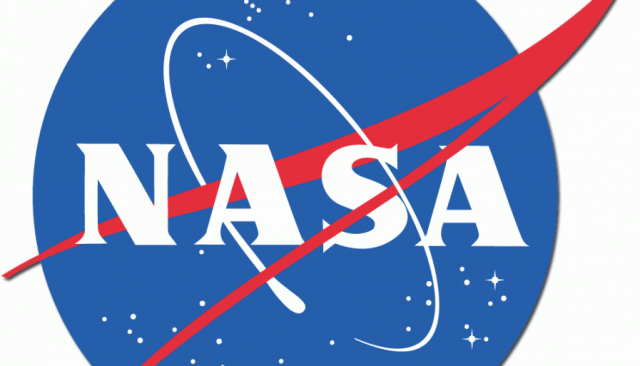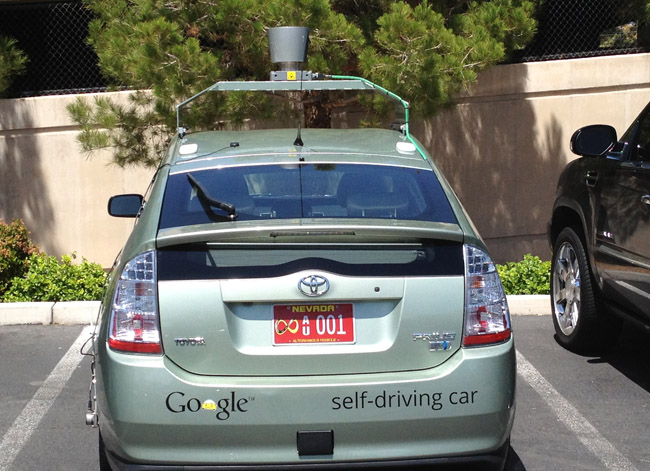The commercial crew program will now operate under a Financial Acquisition Regulation (FAR) system
From Ars Technica: NASA’s Commercial Crew gains support in Congress

It appears that SpaceX’s success with the Dragon spacecraft has won some much-needed space in the US House of Representatives. Congressman Frank Wolf (R-VA) announced Tuesday that his office reached a truce with NASA regarding the Commercial Crew program. Under the agreement, Wolf will lower his opposition to Commercial Crew and hopefully help NASA gain better funding.
Wolf chairs the House Appropriations Subcommittee on Commerce, Justice, Science and Related Agencies, which controls NASA’s budget. His subcommittee has consistently hit the Commercial Crew Development program (CCDev) with heavy cuts. NASA Administrator Bolden has stated that the cuts have delayed access to the Space Station by American vehicles by at least a year, with this year’s cuts expected to delay American access again. In hearings, some of Wolf’s subcommittee members have seemed intent on using the coming Space Launch System (SLS) to ferry astronauts to the Space Station, even though this service would come at a price that’s about ten times higher.
In April, Wolf included language in the 2013 spending bill’s accompanying report that stopped just short of requiring NASA to drop its Commercial Crew competition. Wolf wanted NASA to immediately downsize the program from the current four competitors to either a single “competitor” or a well-funded leader and a weakly funded follower. Commercial space backers have worried that the language would succeed in essentially discontinuing CCDev, given that similar tactics have been used in the Senate.
from Ars Technica
From Wired Top Stories: Justice Dept. Defends Public’s Constitutional ‘Right to Record’ Cops
As police departments around the country are increasingly caught up in tussles with members of the public who record their activities, the U.S. Justice Department has come out with a strong statement supporting the First Amendment right of individuals to record police officers in the public discharge of their duties.
from Wired Top Stories
From WSJ.com: What’s News US: U.S. Sues China Natural Gas
U.S. regulators accused China Natural Gas and former CEO Qinan Ji of secretly lending more than $14 million to benefit his son and nephew.
From Business and financial news – CNNMoney.com: TAX THE RICH!
Tax the rich! That’s how California Governor Jerry Brown wants to solve the state’s growing budget crisis that now nears $16 billion.
From Morning Edition: Jihadist Group In Syria Adds To Violent Attacks
A relatively new terrorist group has claimed responsibility for recent attacks in Syria. Jabhat al-Nusra Li-Ahl al-Sham, or the Front to Protect the Syrian People, is an al-Qaida-style terrorist group that has apparently entered the fray of violence.
from Morning Edition
From Droid Life: Nevada Gives Google License to Test Driverless Cars in Their State
Google isn’t giving up on their vision of seeing cars driving themselves and passengers in the near future. After Nevada passed legislation regarding the requirements for driverless cars, Google has been granted a license to test their new pet project out in the desert. There are a few rules however, to make sure that these Priuses (Prii, Prioria, Priores?) don’t go rogue and cause some major damage.
Nevada has said that if you want to test these cars you need to have an insurance bond of $1 million and that the testing time and area for these cars must be laid out thoroughly. Don’t expect to be driving down the highway and seeing one next to you in rush hour anytime soon. The cars even get their own license plate, featuring a red back with an infinity symbol on it. Nevada DMV Director Bruce Breslow says, â€I felt using the infinity symbol was the best way to represent the ‘car of the future.’†Anyone ready to give up their lead foot to let the car drive itself?
Via: Arstechnica
from Droid Life

